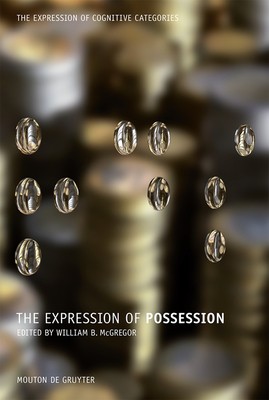
- We will send in 10–14 business days.
- Publisher: Walter de Gruyter
- Year: 2009
- ISBN-10: 3110184370
- ISBN-13: 9783110184372
- Format: 15.6 x 23.4 x 2.9 cm, hardcover
- Language: English
- SAVE -10% with code: EXTRA
The Expression of Possession (e-book) (used book) | bookbook.eu
Reviews
Description
Human thought and action is fundamentally shaped by a small set of cognitive categories, such as time, space, causality, or possession. It is not surprising, therefore, that all natural languages have developed many devices to express these categories. Temporality, for example, is reflected in the lexical meaning of verbs, in grammatical marking of tense and aspect, in time adverbials, in special particles, and in the application of discourse principles. Many of these devices have been the subject of intensive research across languages; but as a rule, this research focuses on particular aspects, it does not look at the expression of such a category as a whole, which is precisely the aim of the present series. The short volumes bring together what is known about the expression of a particular category in human language.
EXTRA 10 % discount with code: EXTRA
The promotion ends in 10d.09:55:56
The discount code is valid when purchasing from 10 €. Discounts do not stack.
- Publisher: Walter de Gruyter
- Year: 2009
- ISBN-10: 3110184370
- ISBN-13: 9783110184372
- Format: 15.6 x 23.4 x 2.9 cm, hardcover
- Language: English English
Human thought and action is fundamentally shaped by a small set of cognitive categories, such as time, space, causality, or possession. It is not surprising, therefore, that all natural languages have developed many devices to express these categories. Temporality, for example, is reflected in the lexical meaning of verbs, in grammatical marking of tense and aspect, in time adverbials, in special particles, and in the application of discourse principles. Many of these devices have been the subject of intensive research across languages; but as a rule, this research focuses on particular aspects, it does not look at the expression of such a category as a whole, which is precisely the aim of the present series. The short volumes bring together what is known about the expression of a particular category in human language.


Reviews